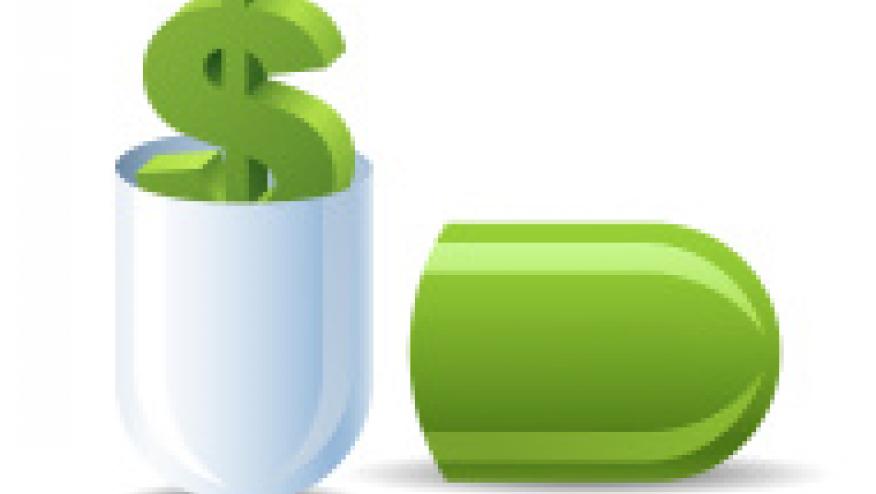Abuse of the Safety-Net 340B Drug Programs Save

Dr. Madelaine Feldman has written an important commentary on the 340B Drug Pricing Program, a safety-net program that would allow vulnerable populations to receive expensive new therapies. But she points out that "this well-intentioned program has strayed from its original purpose", allowing certain hospitals and for-profit pharmacies to exploit the program. She points out, "What was once a program to uplift underserved communities now risks becoming a case study in how good intentions can go astray without accountability".
The 340B Drug Pricing Program was established in 1992 to enable hospitals and clinics serving low-income patients to purchase outpatient drugs from manufacturers at significantly reduced prices. The makers are required to participate in this program as a condition of their participation in Medicaid and Medicare Part B.
Participants in the 340B program are either disproportionate share hospitals (DSHs); with at least an 11.75% "disproportionate" share of low-income Medicare or Medicaid inpatients or "federal grantees", such as federally qualified health centers (FQHC), Ryan White HIV/AIDS grantees, and other types of specialized (ie, hemophilia) clinics.
Currently the DSH health systems are profiting the most through their growing affiliations with clinics and contract pharmacies. While many of the the initial grantees saving up to 50% on drugs (and reinvesting in patient care) , but there are concerns regarding DSHs. Moreover, between 2016 and 2022, large 340B hospitals were responsible for approximately 80% of hospital acquisitions.
Concerning is the lack of oversight in the 340B program because it affects healthcare costs, patient assistance, market competition, and access to affordable care for underserved and uninsured patients.
Health Resources and Services Administration (HRSA) allows 340B-covered entities to register their off-campus outpatient facilities, or child sites, under their 340B designation. Covered entities can acquire drugs at the 340B price, impose markups they submit to insurance, possibly pocketing the difference.
Many of these DSHs facilities receiving 340B discounts, are turning aways low-income patients once they reach their "disproportionate share" (11.75%) of inpatient Medicare and Medicaid patients. HRSA audits only 200 covered entities a year, less than 2% of all participating in the 340B program. HRSA expects the 340B entities themselves.
There is a clear need for oversight and reform of the 340B program.
For more on the 340B program and additional concerns, read here.










If you are a health practitioner, you may Login/Register to comment.
Due to the nature of these comment forums, only health practitioners are allowed to comment at this time.